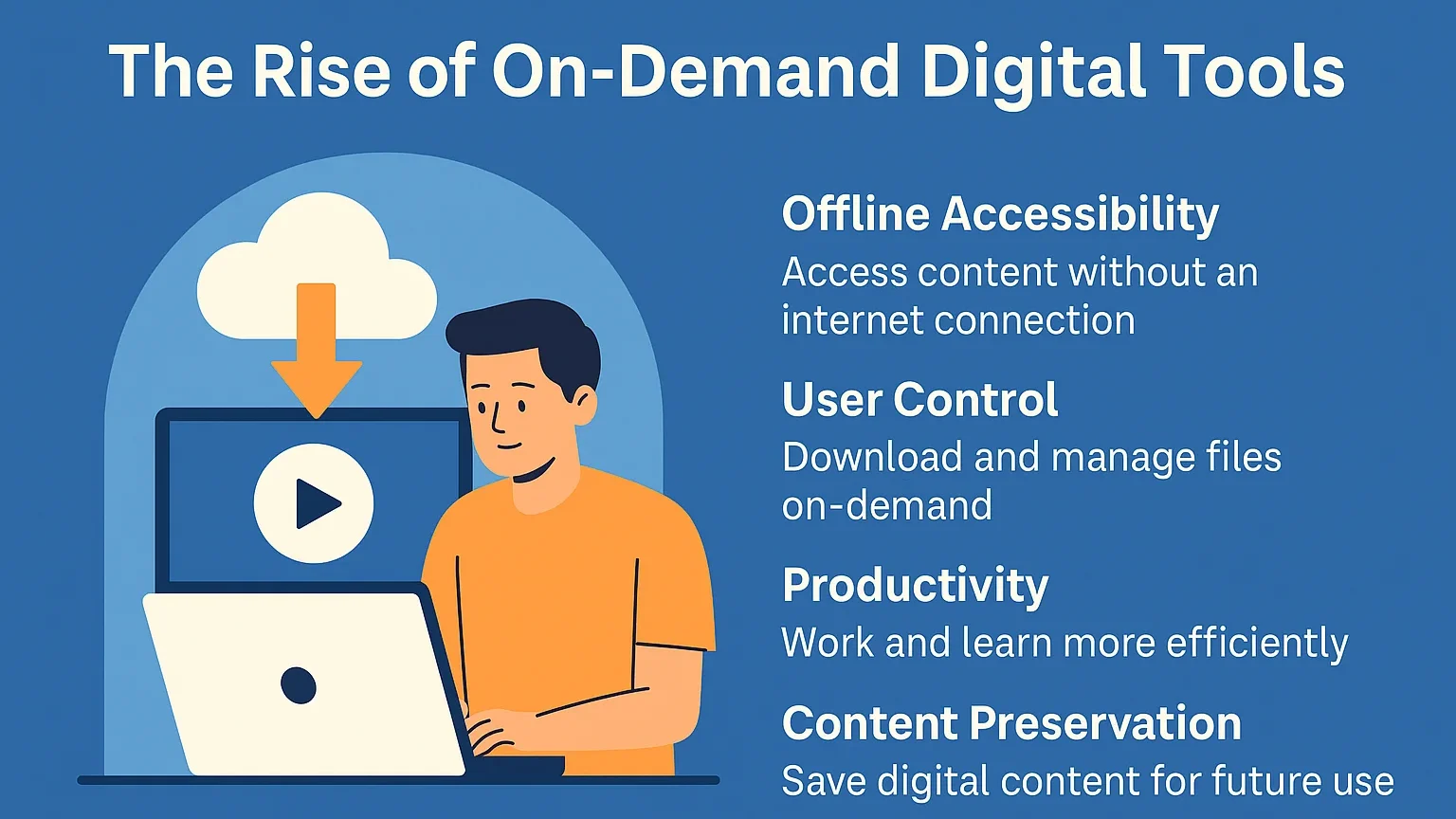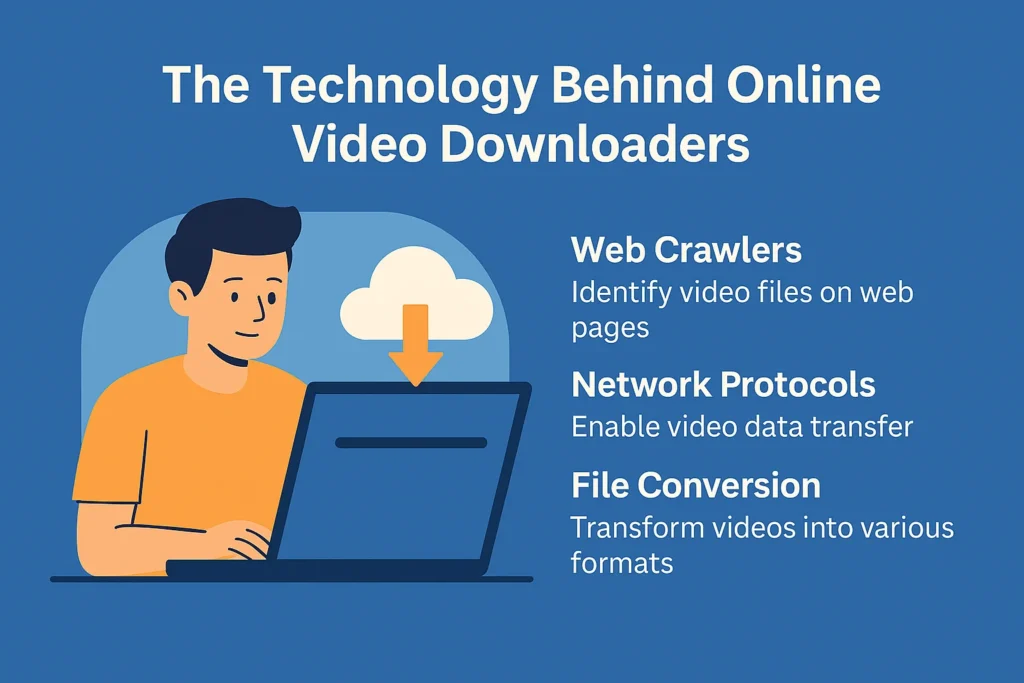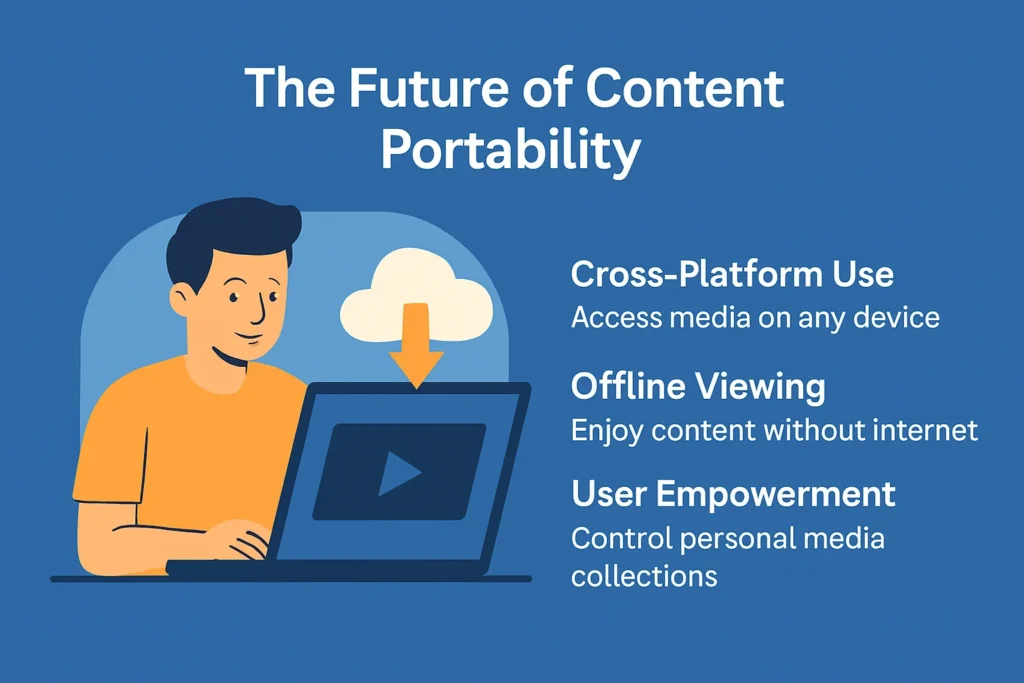In an era where video content dominates the digital landscape, the way users interact with and consume media is undergoing rapid evolution. From e-learning platforms and webinars to social media reels and entertainment clips, video has become the default medium for communication, education, and engagement. This has led to the emergence and growing popularity of online video downloader tools and innovative platforms that empower users to save, repurpose, and interact with digital content more efficiently than ever before.
Table of contents
The Rise of On-Demand Digital Tools

With increasing reliance on cloud-based platforms, streaming services, and content portals, there’s a growing demand for tools that offer offline accessibility and user control. While streaming offers convenience, it’s not always reliable or feasible, particularly in regions with limited connectivity or data restrictions.
This is where online video downloader technologies step in, bridging the gap between online content and offline access. These tools allow users to download video from any website, giving them the freedom to watch, share, or archive content at their own pace, regardless of connectivity issues.
Why Tech Professionals Are Paying Attention
Online video downloaders are no longer just casual tools used by consumers. They’re being embraced by educators, developers, marketers, journalists, and professionals across industries. Here’s why:
- Content Preservation: In a fast-moving internet ecosystem, videos can disappear due to takedowns, algorithm changes, or platform policy shifts. Downloading important content ensures it’s not lost.
- Accessibility & Inclusion: For regions with limited internet access or for users with data caps, having the option to download content for offline use supports digital equity.
- Productivity Boost: Professionals often need to review webinars, tutorials, or keynote presentations multiple times to fully grasp the content. Offline access enables distraction-free viewing and annotation.
- Legal Content Reuse: Downloaders can help with fair-use educational projects, commentary, or remix culture, provided the content is used ethically and legally.
The Technology Behind Online Video Downloaders

Modern online video downloader tools leverage a combination of HTML parsing, API interfacing, adaptive bitrate streaming (ABR) support, and media format conversion. When a user pastes a URL into a downloader, the backend script typically identifies the video file, retrieves the media stream, and offers it in multiple formats (MP4, AVI, MKV, etc.) and resolutions.
Advanced tools also:
- Detect embedded media across complex site structures
- Allow batch downloads for playlists or collections
- Support subtitle downloads and metadata extraction
- Offer cloud sync or integration with storage platforms
Some downloaders operate purely through web interfaces, while others provide dedicated browser extensions or mobile apps for seamless use across devices.
Use Cases in Professional Workflows
- Developers & UI/UX Teams: Capture reference videos or demos for offline prototyping.
- Digital Marketers: Archive client or competitor content for strategy reviews.
- Educators: Download learning material to distribute in areas with poor connectivity.
- Content Creators: Repurpose royalty-free or personal video content for cross-platform usage.
The ability to download video from any website opens doors for creative freedom, smarter workflows, and more personalized media consumption habits.
Ethical & Legal Considerations
As with any powerful technology, online video downloaders come with responsibilities. Users must ensure they are not violating copyrights, platform policies, or data privacy. Many downloader tools emphasize support for public domain, Creative Commons, and user-owned content.
When used within ethical bounds, these tools serve as essential digital utilities in the modern professional’s toolkit.
The Future of Content Portability

We’re moving toward a world where content portability is just as important as content accessibility. Users want the ability to control how, when, and where they engage with media. As edge computing, decentralized content hosting, and mobile-first platforms continue to evolve, the role of online download tools will become increasingly critical.
Future innovations may include:
- AI-enhanced download optimization
- Smart categorization using machine learning
- Integration with productivity suites and cloud-based note tools
- Encrypted offline storage for secure media archiving
Conclusion
Online video downloader tools are transforming the way individuals and professionals interact with the digital landscape. They are no longer fringe utilities but essential components of a digitally connected world supporting creativity, productivity, accessibility, and personalization.
As we continue to explore the intersection of technology and content, tools that offer control and flexibility like video downloaders will remain at the forefront of the digital innovation wave.










